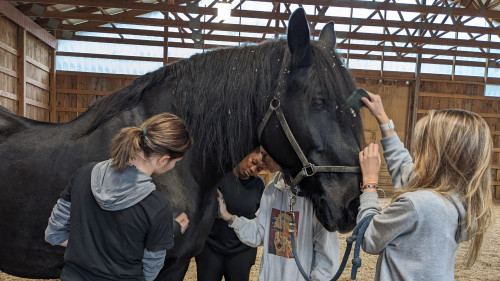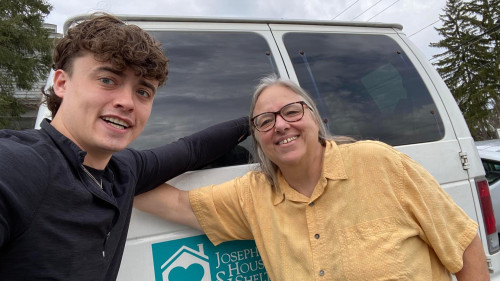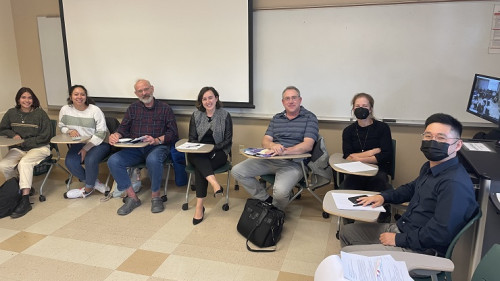
An annual survey about “digital legacy” – people’s online presence after they die – has taken on new importance after changes wrought by the COVID pandemic.
A person’s digital legacy is often shaped by interactions the person made with friends and family, and information they created during their lives. This might include their social media profiles, online conversations, photos, videos, gaming profiles and their website or blog.
Carla Sofka, Ph.D., professor of social work, specializes in thanatechnology and issues a survey each year in conjunction with the Digital Legacy Association to both gauge and share public awareness of this issue.
She said that during the pandemic, when many funerals and memorial services were either cancelled, postponed or held online, people made much greater use of social media to mourn and share remembrances. That may have made a permanent impact on how, or if, people think about their own end of life plans, or their digital life after death.
A link to the survey is here. It will take about 10 minutes to complete, and anyone over 18 can participate. No identifying information is being requested unless you choose to include your e-mail address to receive a copy of the results. (Full details about the survey are on its homepage.)
Emmie Roberts ’22 took Sofka’s course on Death, Diversity and Pop Culture last year, and has been working with her professor to develop a “digital death” website like the one hosted by the DLA. She said it will allow people to plan their funerals by choosing songs, photos and readings; send messages to friends and family; and upload instructions about how to manage digital assets after death.
“Our main mission is to educate people about this important issue so they can make the right decisions about what their online presence will look like after they die. The survey will help us learn about attitudes on planning related to digital assets, as well as how people may be using technology and social media to cope with death and grief.”
Carla Sofka, Ph.D., professor of social work
“Death is not something that college students usually think about, but it can happen at any time. It’s a good idea for people to be as prepared as they can. Researching these topics has been very eye-opening as to how fragile life can be.”
Emmie Roberts ’22

